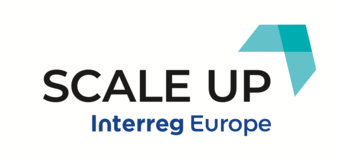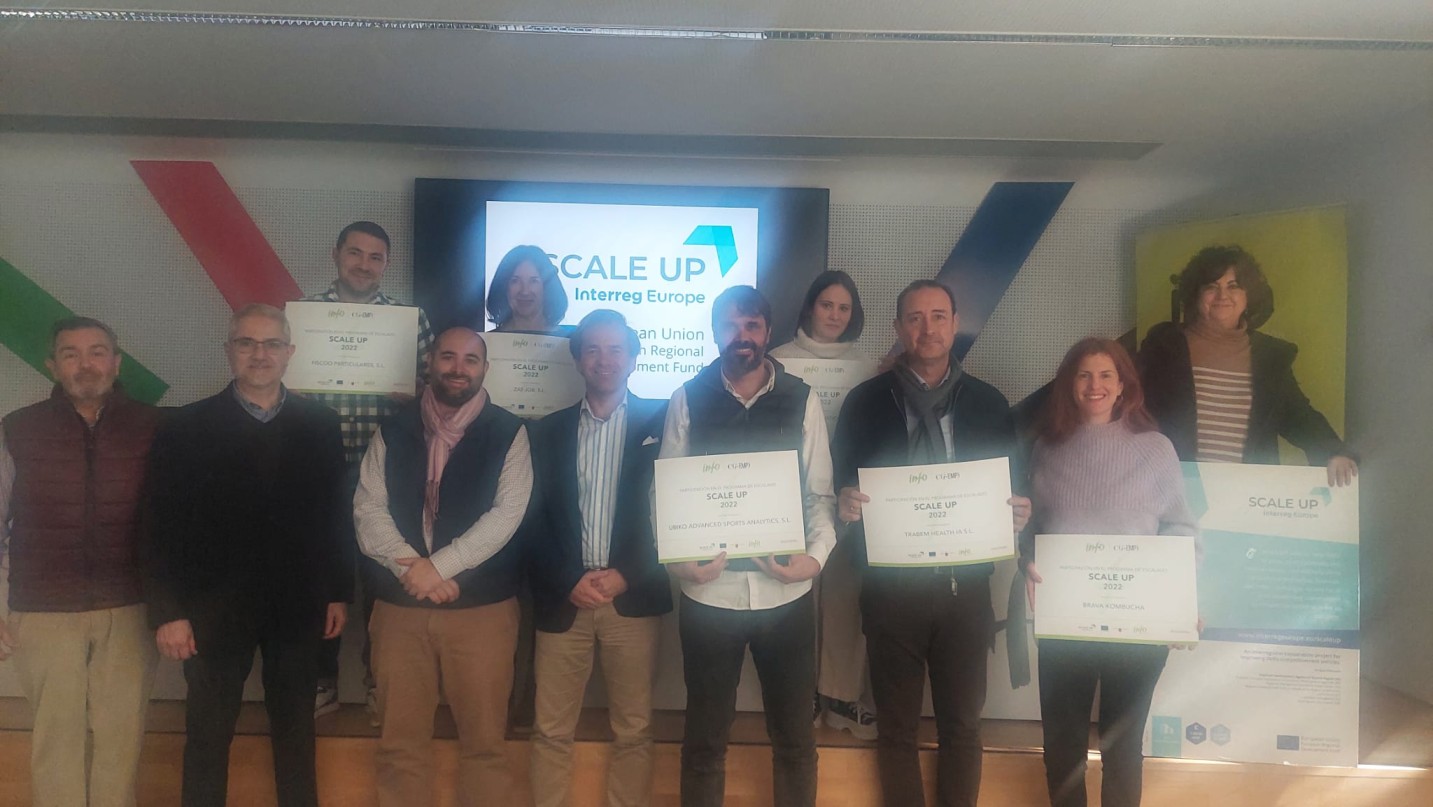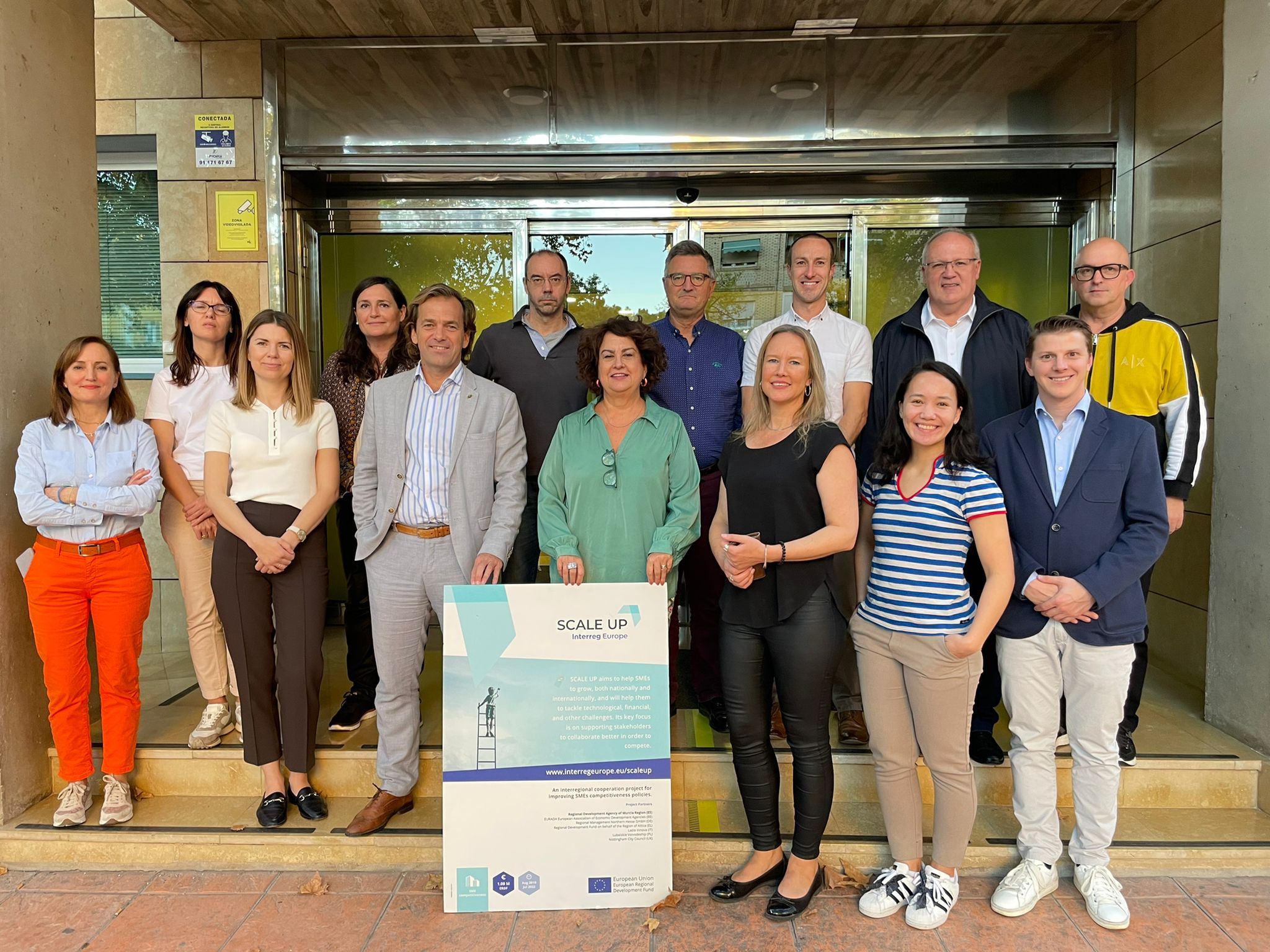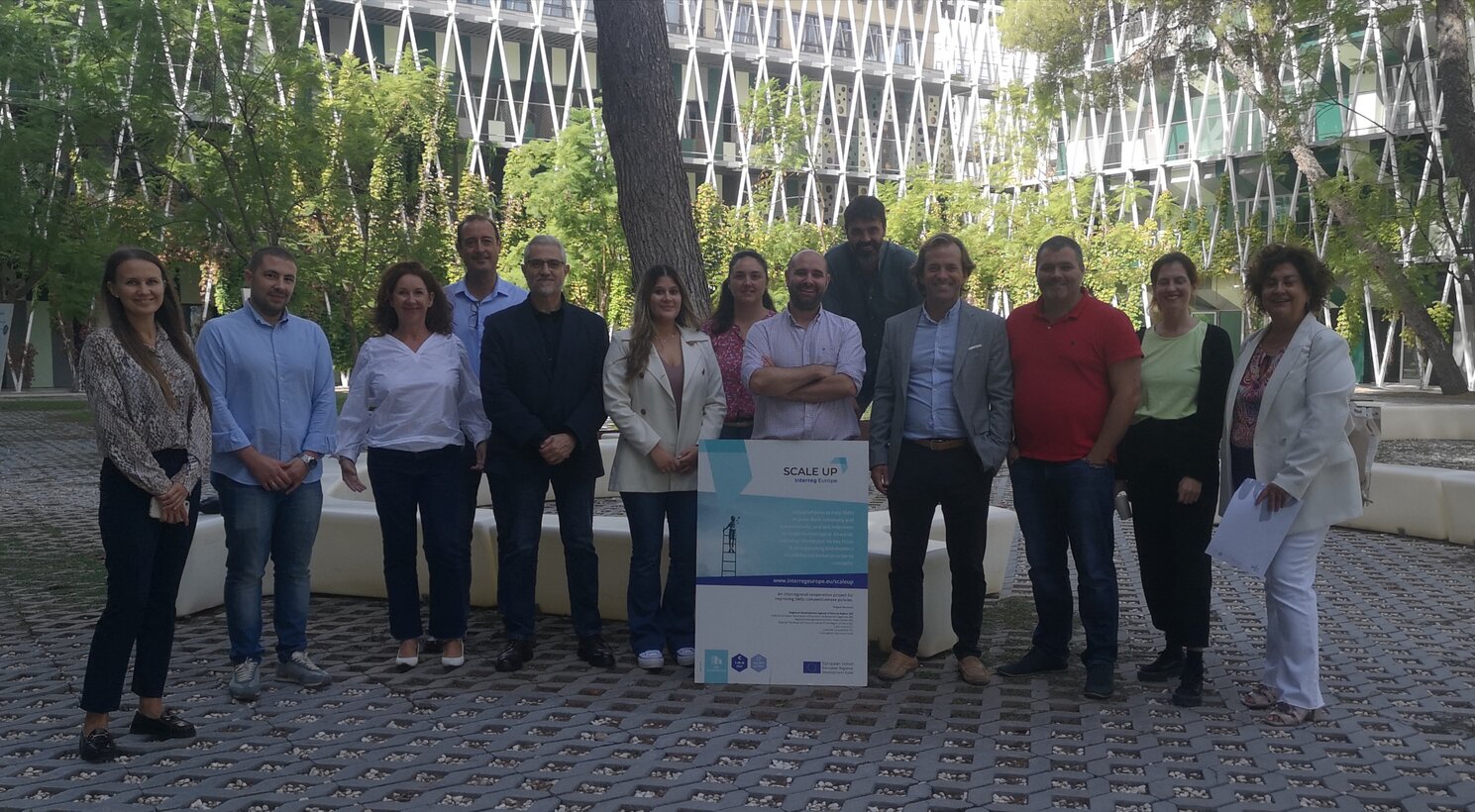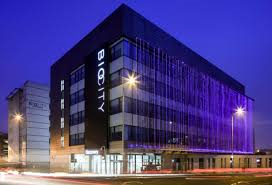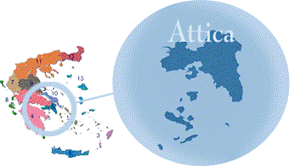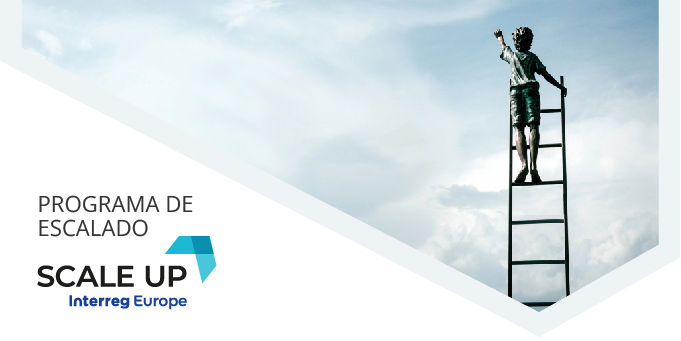The NL Corona Bridge Loan for start-ups, scale-ups, and innovative SMEs
Are you part of a start-up, scale-up, or innovative SME located in the Netherlands and in need of financing during this time? The Corona Bridge Loan (COL) may be what you are looking for. Approved by the Dutch Regional Development Agencies (ROMs), €100 million is being allocated to provide the abovementioned businesses a temporary bridge to “break-even” or survive the economic impacts of the COVID-19 crisis.
There are several types of financing provided under the COL which is categorized by the size of funding request. Financing is offered from €50,000 up to a maximum of €2 million. The interest rate remains steady at 3% for any approved loan however, higher amounts will have to meet certain additional conditions. For instance, those looking for financing between €250,000 up to €500,000 must provide 25% of the total required amount on equal terms, by, for example, their existing shareholders. This condition also applies to those looking for financing between €500,000 up to €2 million with the added premium of 2% per year. The loan under this category will also be structured in a way that the COL will be re-paid and the co-financiers are given the right to convert the loan at a subsequent financing round.
To have a clear idea of the loan’s target group, the ROMs define start-ups as companies that did not arise from a merger and are an unlisted company that maintains a maximum of five years of entrepreneurial activities at the time of application for the COL. Self-employed or new units from existing companies are also considered as start-ups as long as they are registered as a new legal entity. On the other hand, scale-ups are defined as companies with 10-250 employees where employment or turnover in the past five years has increased by at least 60% or is expected to increase by the same percentage in the next five years. This will be assessed by ROMs based on the company’s business plan. In terms of innovative SMEs, it should be noted that there is a distinction made here. Innovative SMEs are defined as companies with 1-250 employees who develop product, process and/or market innovations in the context of industrial research or experimental development (or a combination of both) with the aim of realizing financial and social returns. This can be determined by submitting the company’s WBSO statement. It is important to mention that ROMs follow the European definition of SMEs which are companies that employ fewer than 250 full-time employees and whose annual turnover does not exceed €50 million.
Although the Scale Up project does not have a partner from the Netherlands as a part of its consortium, efforts like this during these uncertain times expands the options of entrepreneurs for alternative financing. This can also serve as an example which local governments, development agencies, or similar entities can draw ideas from to come up with ways to help entrepreneurs in their jurisdiction. Additionally, the Scale Up consortium aims to use the project as a network by which relevant information and knowledge is shared and/or transferred by and to its stakeholders. For more information regarding the COL, please click here.
